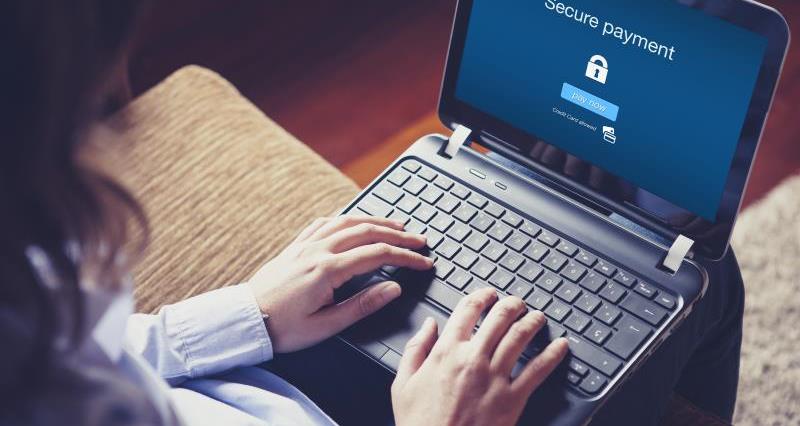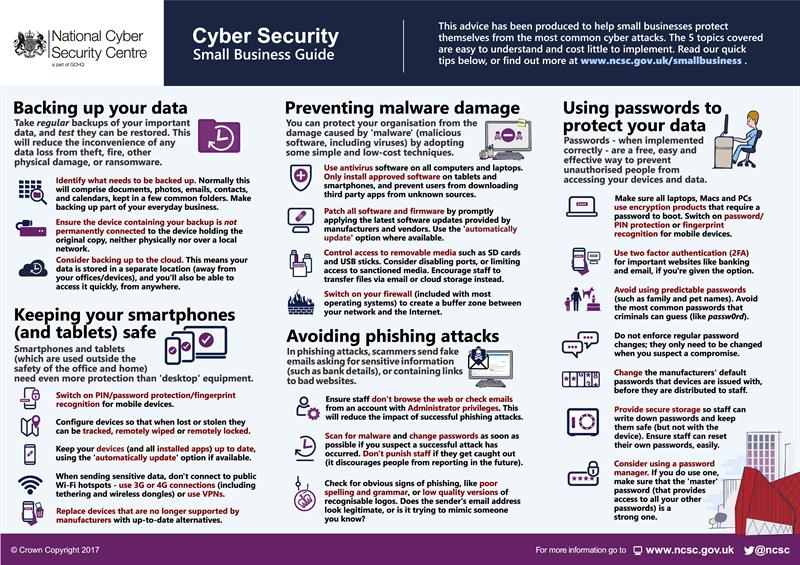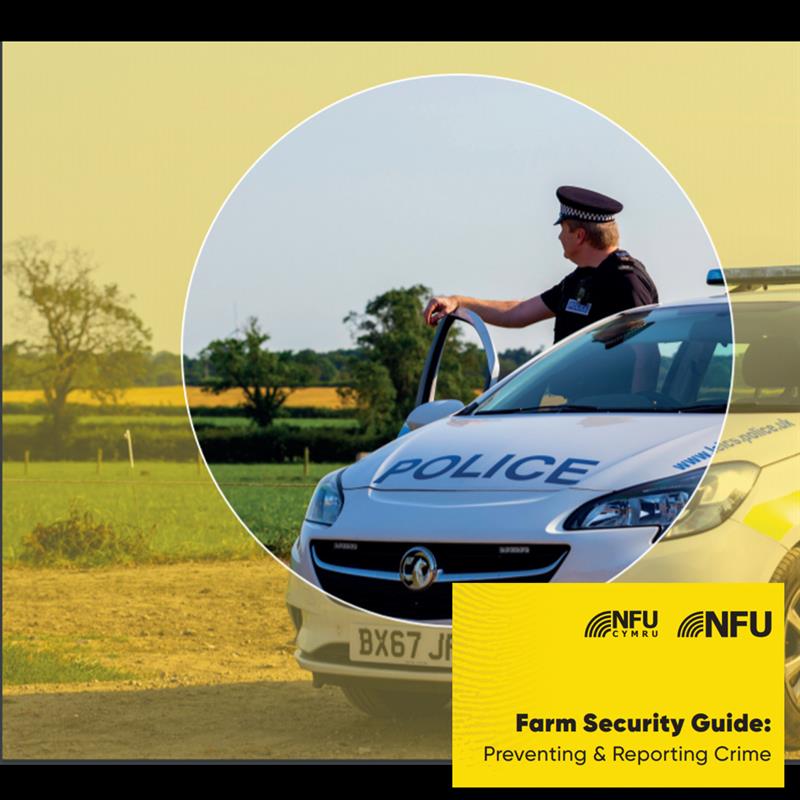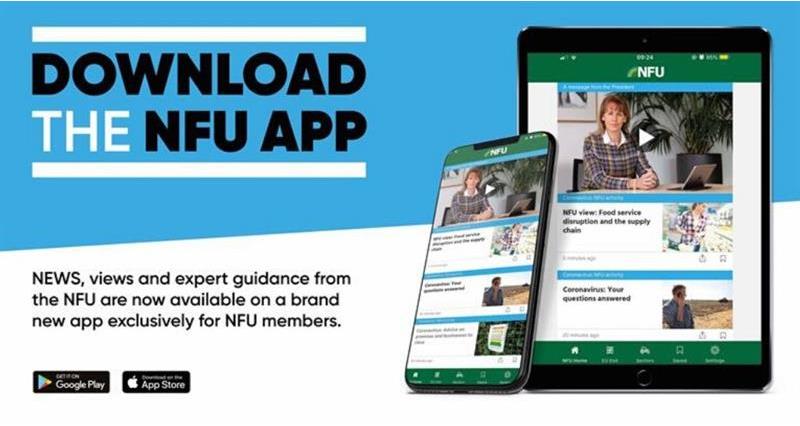On this page you'll find information on current identified scams, tips for cyber security and how you can protect yourself from fraud.
Some scams identified include:
Doorstep crime: Criminals targeting people on their doorstep and offering to do their shopping. Thieves take the money and do not return. Doorstep cleansing services that offer to clean drives and doorways to kill bacteria and help prevent the spread of the virus.
Online scams: Email scams that trick people into opening malicious attachments, which put people at risk of identity theft with personal information, passwords, contacts and bank details at risk. Some of these emails have lured people to click on attachments by offering information about people in the local area who are affected by coronavirus.
Fake online resources – such as false Coronavirus Maps – that deliver malware (information stealing programmes which can infiltrate sensitive data).
Refund scams: Companies offering fake holiday refunds for individuals who have been forced to cancel their trips. People seeking refunds should also be wary of fake websites set up to claim holiday refunds.
Counterfeit goods: Fake sanitisers, face masks and COVID-19 swabbing kits sold online and door-to-door. These products can often be dangerous and unsafe. There are reports of some potentially harmful hand sanitiser containing glutaral (or glutaraldehyde), which was banned for human use in 2014.
Telephone scams: As more people self-isolate at home there is an increasing risk that telephone scams will also rise, including criminals claiming to be your bank, mortgage lender or utility company.
Donation scams: There have been reports of thieves extorting money from consumers by claiming they are collecting donations for a COVID-19 ‘vaccine’.
Loan sharks: Illegal money lenders are expected to prey on people’s financial hardship, lending money before charging extortionate interest rates and fees through threats and violence
Ofcom have produced advice for consumers on coronavirus scam calls and texts
The NFU has been working with the National Cyber Security Centre. The NCSC guide to home working provides useful guidance.
Cyber security
The NCSC have produced a useful summary of low cost, simple techniques that can improve cyber security within your business.
Cyber Aware is the UK government's advice on how to stay secure online during coronavirus.
Their top tips are:
- Create a separate password for your email
- Create a strong password using three random words
- Save your passwords in your browser
- Turn on two-factor authentication
- Update your devices
- Turn on backup
Fraud
The NFU Farm Security Guide includes tips on how to protect yourself from fraud:
- Be sceptical - if it sounds too good to be true, it probably is
- Know your business inside out - this will help you realise immediately when something isn’t right
- Know your customers and suppliers - understanding who you do business with will help you spot any unusual requests or transactions
- Identify areas of your business that may be vulnerable to fraud
- Develop a fraud strategy
- Take extra care against cyber attacks
- Understand your finances and how money leaves your business
- Secure and protect your property - including laptops, computers and smartphones
- Develop an action plan - consider when you might need professional or legal advice
- Always report fraud and get help.
The ‘Rural Crime Hub’ is a one-stop shop for farmers to get information about the best prevention measures, how to report crime, including who to call, and exclusive business advice for NFU members:
Take a look at the links below to get advice and find out more:
More from NFUonline:



